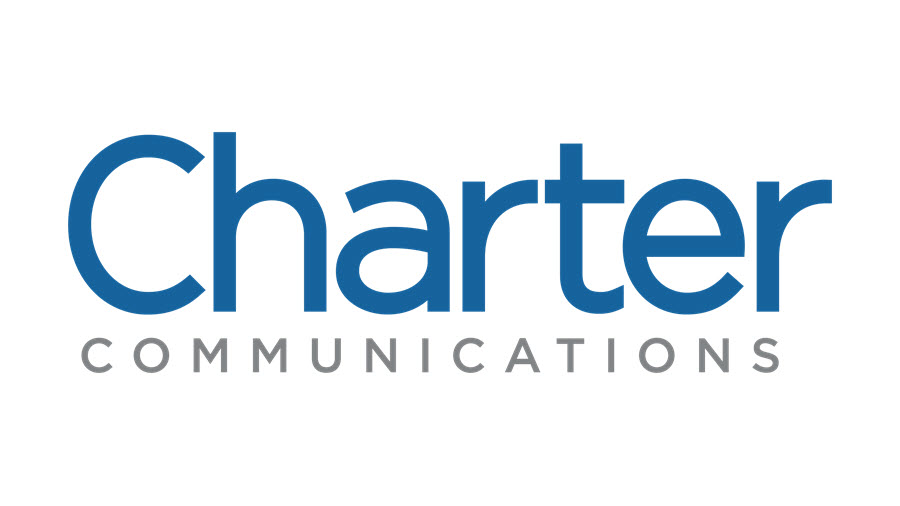Charter Wins Most RDOF Buildout Locations
About one fifth of total

The smarter way to stay on top of the streaming and OTT industry. Sign up below.
You are now subscribed
Your newsletter sign-up was successful
The FCC said that winning bidders in its Rural Digital Opportunity Fund (RDOF) Phase I auction have the money to deploy high-speed broadband to more than 5.2 million unserved homes/businesses (5,220,833 to be specific), which it said was almost 99% of the available locations in the auction.
The FCC, which released data following the end of Phase I, said the majority of locations will be getting gigabit speeds.
Related: FCC's Rural Broadband Subsidy Bidding Begins
Charter won the most locations at just over one million of the 5.2 million locations. Bidders won $9.2 billion of an available $16 billion, with the rest to be rolled over into Phase II, which will now have over $11 billion.
The auction allocated $9.2 billion for rural broadband buildouts over the next 10 years.
“I’m thrilled with the incredible success of this auction, which brings welcome news to millions of unconnected rural Americans who for too long have been on the wrong side of the digital divide," said FCC Chairman Ajit Pai. "They now stand to gain access to high-speed, high-quality broadband service."
The auction includes buildout requirement, including reaching all assigned locations completed by the end of year six, but incentives to build out all locations ASAP.
The smarter way to stay on top of the streaming and OTT industry. Sign up below.
“ACA Connects congratulates the FCC on the just-completed Rural Digital Opportunity Fund Phase I auction, as well as the numerous ACA Connects members who will be receiving RDOF support to help close the digital divide," said ACAC President Matt Polka. "We especially applaud the FCC for ensuring that funding would only go to truly unserved areas, thus maximizing use of limited support and not undermining private investment.
“In addition, by awarding support through a competitive process open to incumbent providers and new entrants alike, the RDOF program will bring higher speed broadband service to unserved areas with far less federal support than has been allocated in the past," said Polka.
“Further, by prioritizing bids for the highest speed services, the auction appears to have yielded substantial benefits for consumers in unserved areas, with more than 99.7% of locations receiving at least 100 Mbps service. Any future federal, state and local government broadband grant program should adopt these same requirements and processes in awarding support," he said.
Sen. John Kennedy (R-La.), a vocal FCC critic who pushed the FCC to use C-Band spectrum auction proceeds (the auction launched Tuesday, Dec. 8) to help close the digital divide rather than pay incumbent satellite operators, had some encouraging words for the commission.
“Louisianians without broadband access deserve the same educational and work opportunities that Americans who have high-speed internet already enjoy," he said in a statement. "The pandemic has made it more urgent than ever to bridge the digital divide in underserved rural areas—telehealth, telework, and online classes demand broadband expansion. I’m glad to see the FCC invest $342 million to expand broadband access to 175,000 Louisiana families and businesses. It’s past time to build out this infrastructure.”
Contributing editor John Eggerton has been an editor and/or writer on media regulation, legislation and policy for over four decades, including covering the FCC, FTC, Congress, the major media trade associations, and the federal courts. In addition to Multichannel News and Broadcasting + Cable, his work has appeared in Radio World, TV Technology, TV Fax, This Week in Consumer Electronics, Variety and the Encyclopedia Britannica.

